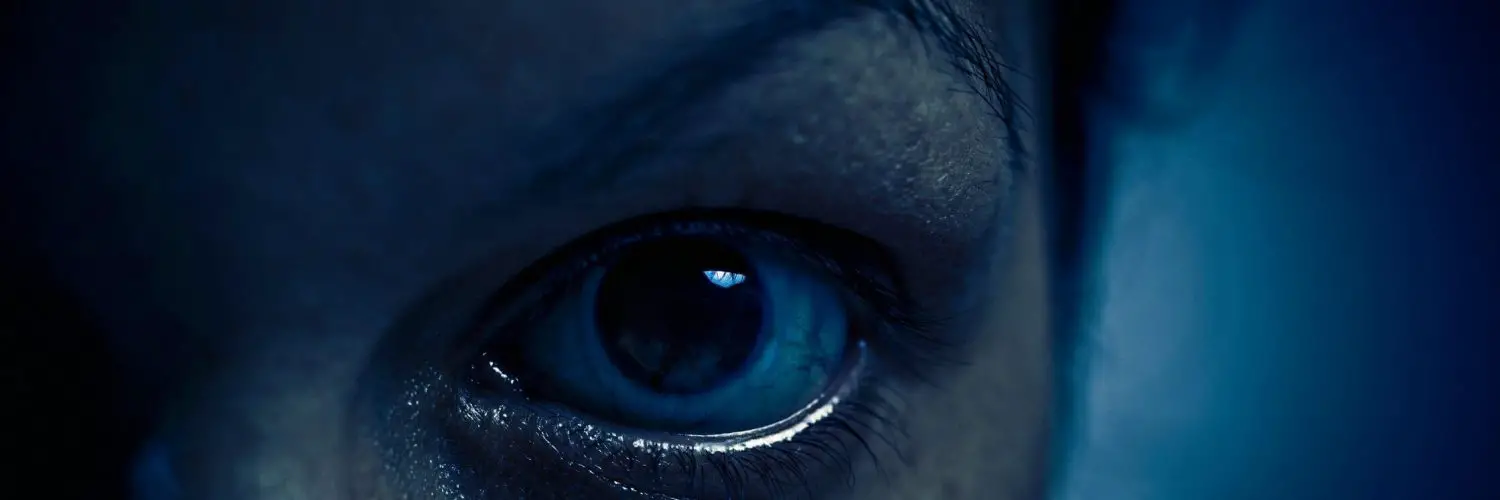If you thought that drinking sufficient amounts of water and eating a balanced diet is all it takes to be fit, you are mistaken. Sleep deprivation has been linked to chronic mental problems, insomnia and fatigue for the longest time now. So, if you have a knack for staying up late in the night, binge-watching the favourite shows, this blog is for you.
We all know that the harmful radiations of our electronic screens are already detrimental enough. As an add-on, depriving our body of enough sleep will further worsen our condition and make us wake up all groggy and grumpy. If you still don’t get the picture, here are five harmful effects of sleep deprivation to sum it up!
An array of health problems
Sleep isn’t just a way of waking up fresh the following day. It is what helps your body and brain take rest from their usual functions and accelerate better. When you do not gain adequate sleep for your body and brain consistently, this cycle of proper functioning gets disrupted. That is why the body is unable to ward off health problems.
Around 10% to 30% of people have insomnia due to consistent sleep deprivation. But that is not all. When your body and mind don’t receive enough sleep, you may also start feeling more anxious, become susceptible to depression and become more prone to heart risks. Diabetes and irregular heartbeat could accompany the problem.
Lack of sex drive
For the longest time, people have recorded a decrease in the sexual libidos of both men and women who deprive themselves of adequate sleep. Since sleep is significant mainly for enough energy in the body, the exhaustion due to sleep deprivation may reduce testosterone levels to a considerable extent. Men who suffer from sleep apnea may also suffer from respiratory problems that add to the sexual slump.
Decreases mindfulness
Sleep has been reported to reduce your idea of logical reasoning as well. But that is not all. It may also largely affect your concentration level. As the mind cannot function due to exhaustion and lack of sleep, it loses its ability to focus better. As a result, impairment in attention, alertness, reasoning and other mindful activities may become available. So, you may also find it challenging to learn better. This is significantly worse for school-going children who may lose their concentration levels due to sleep deprivation at night.

Increases risk of skin-ageing
You do not want to look older than you are, but you can’t help it without enough sleep. Due to the exhaustion of your body, your skin also begins to show up dull, drab and shallow. When you do not get enough sleep, you also start to notice increasing fine lines, wrinkles and dark circles that worsen with time.
When the body is asleep is when sleep hormones are released, which helps with growth. That is what helps create thick skin, better muscle mass and more. But with the absence of that, our skin deteriorates.
“It’s during deep sleep — what we call slow-wave sleep — that growth hormone is released,” stated sleep expert Phil Gehrman. “It seems to be part of normal tissue repair — patching the wear and tear of the day.”

More prone to accidents
Several cases of accidents have been recorded over the years that have been a product of sleep deprivation. Acute sleep deprivation may cause your brain to want adequate sleep even during its working hours. That is why people who may feel sleepy while driving are more susceptible to the risk of accidents which may ultimately cause death in so many ways. That is why scientists prove that poor-quality sleep can cause severe health injuries and accidents in time.
The Bottom Line
The most basic way to ward off sleep deprivation from your daily routine is to have ample sleep of seven to eight huors every day. Try to keep your electronic devices away two hours before bedtime so that you can have a goodnight sleep and wake up fresh.
If you face ample sleep insomnia, please consult a health expert to help you gain quality sleep to avoid these hindrances. Try to limit your daytime naps. Read more books before you fall asleep. By incorporating certain bedtime habits, you can help eliminate sleep deprivation once and for all.





























